Zimbabwe
Britain could take steps to stabilise Zimbabwe’s currency system and extend a bridging loan to help it clear World Bank and African Development Bank arrears, but such support depends on “democratic progress”, Foreign Secretary Boris Johnson said.
“Those are indeed the things that we would try to do to help Zimbabwe forward, but we’ve got to see how the democratic process unfolds,” he said on Wednesday on the sidelines of an African Union-EU summit in Abidjan.
The southern African country gained independence from Britain in 1980 but has had strained relations leading to Zimbabwe leaving the Commonwealth group of nations.
Recent political events have led to the resignation of Robert Mugabe who had till now led the country for the past 37 years. He resigned after the army stepped into a political purge against loyalists to the then axed vice-president Emmerson Mnangagwa.
The ruling ZANU-PF started parliamentary impeachment processes against Mugabe after he reportedly refused to resign. Incidentally the party picked Mnangagwa as its leader after recalling Mugabe at an earlier congress.
Mnangagwa was subsequently sworn into office as interim president. He will see out Mugabe’s tenure till elections are held next year. He has stressed that he will place emphasis on democracy and also look to revamp an ailing economy.




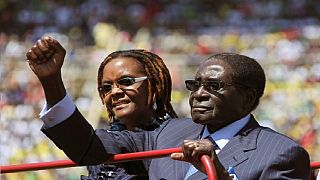
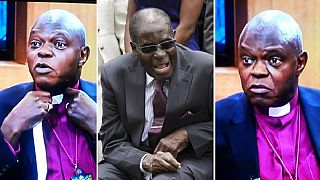
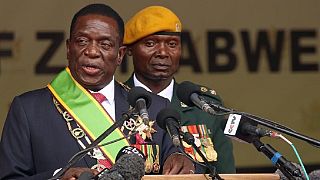
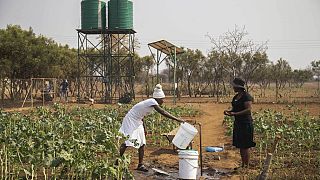

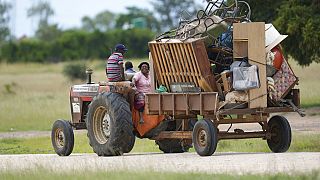

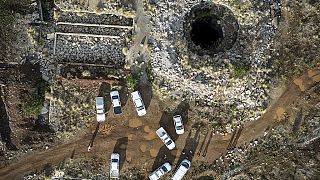

01:00
Somaliland counts votes after pivotal election
01:00
Sudan war: UK, Sierra Leone to propose new resolution calling for 'end of hostilities'
01:10
South Africa, UK sign bilateral agreements, agree to bolster trade and defence ties
01:00
Meet Haggis, a newborn pygmy hippo at Edinburgh's zoo
Go to video
Slavery: UK does not want 'money transfer' as reparation
00:56
South Sudan's peace monitoring body meets to discuss election postponement